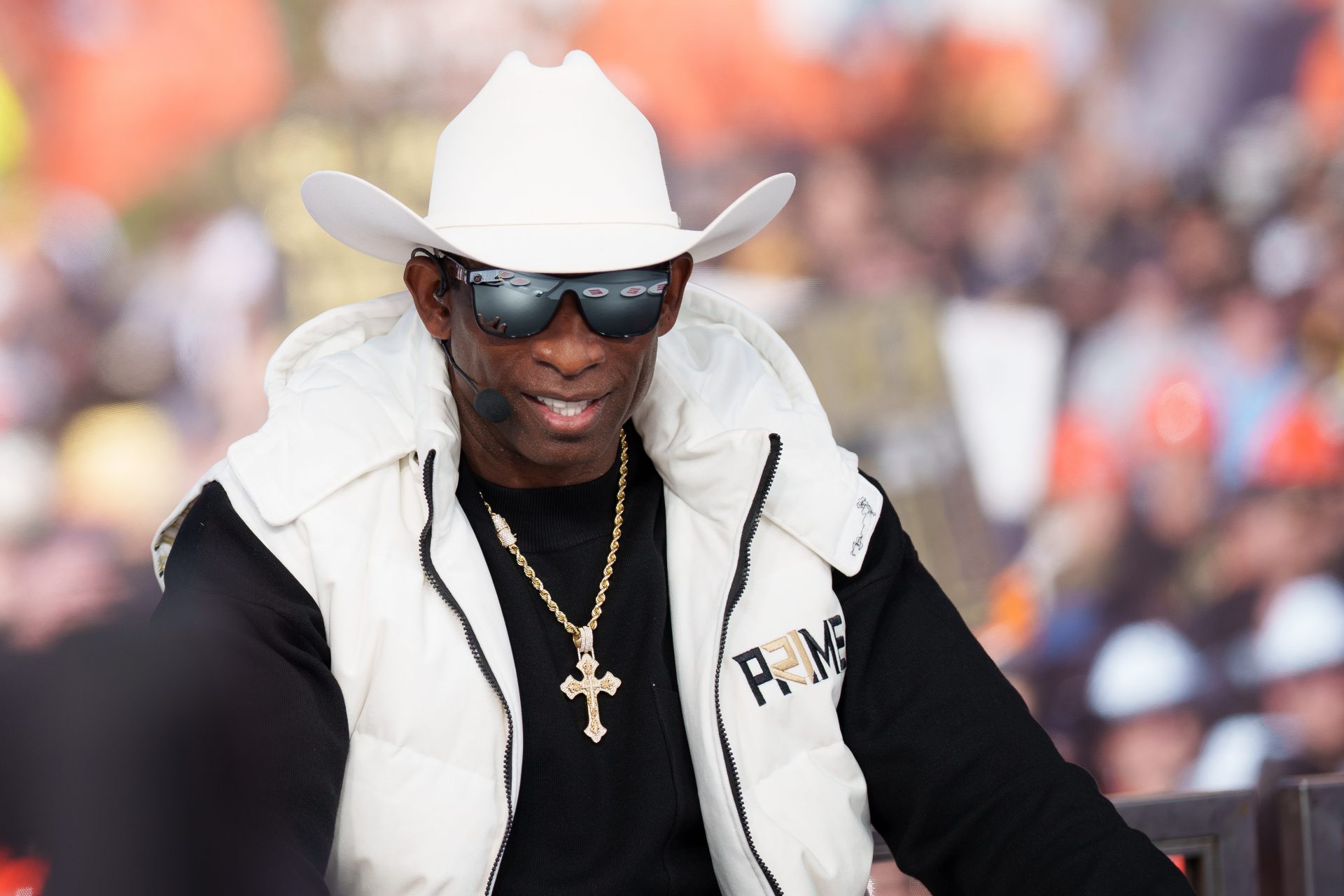Former NFL star Cam Newton didn’t like what Colorado Buffaloes coach Deion Sanders had to say about the post-House vs NCAA settlement era regarding NIL deals. During the Big 12 Media Days, Sanders pushed for introducing a salary cap.
According to Sanders, there should be a cap on how much a player of a certain calibre can make. It can’t be like if a player is not earning his desired NIL value, he goes to another school and earns half a million dollars even though he’s not that good. Sanders said it won’t be fair for other schools that can’t afford to give away such money.
“I wish there was a cap,” Sanders said during the Big 12 Media Days. “Like, the top-of-the-line player makes this, and if you’re not that type of guy, you know you’re not going to make that. That’s what the NFL does.”
“So the problem is, you got a guy that’s not that darn good, but he could go to another school and they give him a half million dollars,” he continued. “You can’t compete with that. And it doesn’t make sense.”
However, Newton said Sanders is only saying this now because now his sons, Shedeur Sanders and Shilo Sanders and even reigning Heisman winner Travis Hunter, have departed for the NFL.
“It may be an unpopular opinion. Yeah. But was Prime worried about this when his sons was there? I would say no,” Newton said (48:06) on his podcast. “You want to know why? Because he wasn’t going to let nobody just handle his sons anyway. If somebody would have brokered a $1.7 million deal, he knew at the end of the day, it would have been fair.”
Both Shedeur and Hunter earned heavily through NIL deals.
Newton added that Sanders can negotiate and protect his sons’ financial interests, but he couldn’t necessarily do so for other players.
“It would have been what he would have deemed as a father to say, ‘No, bro, we’re not giving you no 30%,” Newton added. “Like, bro, we going to give you 3% or we going to give you a flat fee.’ That’s what he would have did for his son. He can’t do that with other people’s sons. So with that, this is where college football is now.”

What the House vs NCAA Settlement Says About the Cap Which Deion Sanders Doesn’t Quite Agree With
According to the House vs NCAA settlement, which aims to bring clarity, regulations towards NIL deals, each Division I school can distribute up to $20.5 million in direct payments to athletes.
The said money will be drawn from athletic department revenues like media rights, ticket sales and sponsorships. Thus, the settlement promotes and asks programs to enter a revenue-sharing model with their athletes.
That cap is expected to increase by roughly 4% per year, potentially reaching $33 million by 2034‑35. Moreover, payments under this cap include revenue‑sharing “salary” distributions, and not NIL deals negotiated externally, scholarships or educational benefits.
Schools have a choice to opt into access revenue-sharing and roster rule changes. Those who opt out cannot make direct payments under this cap.
While Deion Sanders is fine with this but he’s not okay if there is no salary cap on players.
College Sports Network has you covered with the latest news, analysis, insights, and trending stories in college football, men’s college basketball, women’s college basketball, and college baseball!

